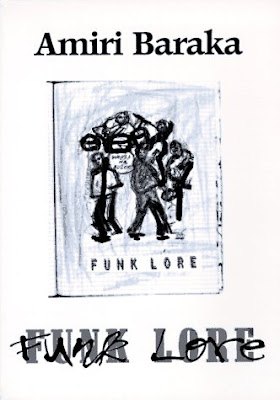EL DIA MAS DELICIOSO DE MI VIDA by ARTURO MANTECON
Reading by Eileen Tabios
El Dia Mas Delicioso De Mi Vida by Emeterio "El Chango" Landeros as told to Arturo Mantecon (Prickly Pear Publishing, 2022). Poetry.
In its introductory remarks, much is made about how EL DIA MAS DELICIOSA DE MI VIDA by Arturo Mantecon is an exercise in “code switching” (where text switches back and forth between languages). This made me double-check the book’s publication year and I was disappointed to see 2022 because by then code switching isn’t so new (Pinoy poets have been doing it a while) and I thought the book would provide an early example. Nonetheless, in my reading experience (which is limited on this issue), this book has a more equitable distribution of the involved languages (English and Spanish) unlike other poems I’ve seen where it’s still mostly English so that the non-English word can be construed based in context.
Since I’m not fluent in Spanish, how does one experience this project then? At first, I thought my lack of proficiency would not be disadvantageous, especially because this is poetry. And especially in poetry, there are other attributes to words besides dictionary definitions. But when I read the book’s last sentence, it’s clear that I missed much of the lyricism in the book that must have existed to include such a marvelous—marivilloso!—sentence:
“And I was, como dicen los alemanes, ein freier Vogel, y en lo que me parecio the most minimal flash of time, I was in my mustard Citroen, heading hacia el Puente, y me di cuentat that it was, sin duda, the most delightful day of my life.”
Pleasing and witty diction abound, e.g. “Muy sheepishly.” The text’s energy—vivacity even—is also discernible (see sample images below). This book does make me wish I’d studied Spanish with more commitment in the past than the desultory three years I'd given to the language.
The book also presents itself as being “dictated” to the poet; it’s by an Emeterio “El Chango” Landeros and told to Arturo Mantecon. I couldn’t help but notice the immediate advantage to this through Mantecon’s Preface where Mantecon de facto can say something about if not explicate “his” poems: “… poems are more like ekphrastic descriptions of surrealist pictures…” and so on. Nothing wrong with that. But while I didn’t find Mantecon’s Preface, or Ruben Medina’s Foreword, intrusive against reading the poems, I did wish that Ivan Arguelles’ Introduction was more of an Afterword. We really should let the poems speak for themselves rather than through the lens of another reader. After all, the poems here are sturdy in their fineness and don’t disappoint.
Last but not least, I bet these poems would sound fabulous if read out loud. Music—another element that transcends meaning—is wonderfully evident. Such is poetry. Gracias, Arturo.






Comments
Post a Comment